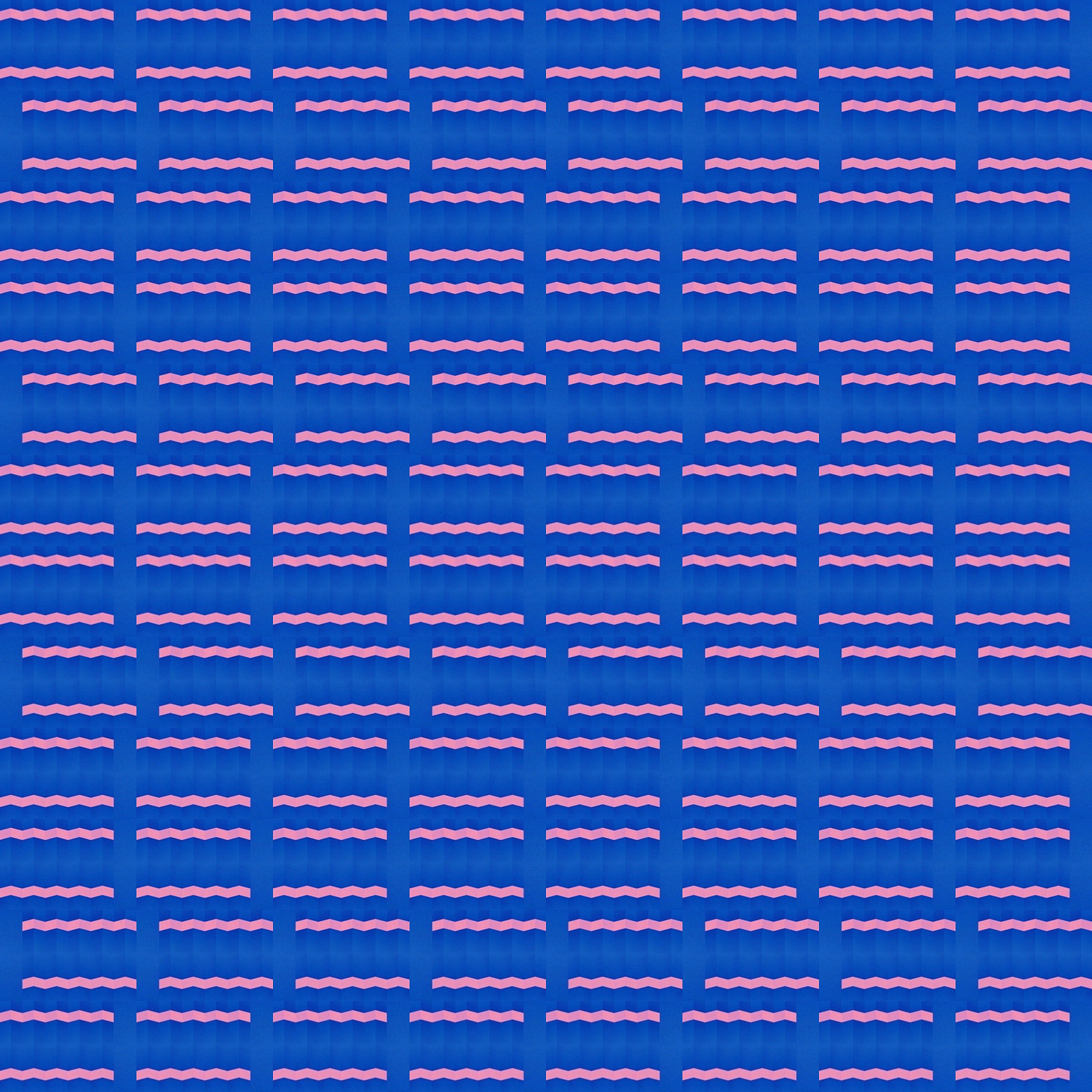Kitsch geopolitics
More bad sequels
Noah Smith tells us:
‘Cold War 2 is a reality, and we’re all living in it right now.’
Martin Wolf is comfy in his ‘90s time-warp:
How, then, should democratic capitalism fit into the world? Liberal democracies need to preserve the vitality of their own system, while managing their relationships with the rest of the world, in order to preserve peace, prospe…


